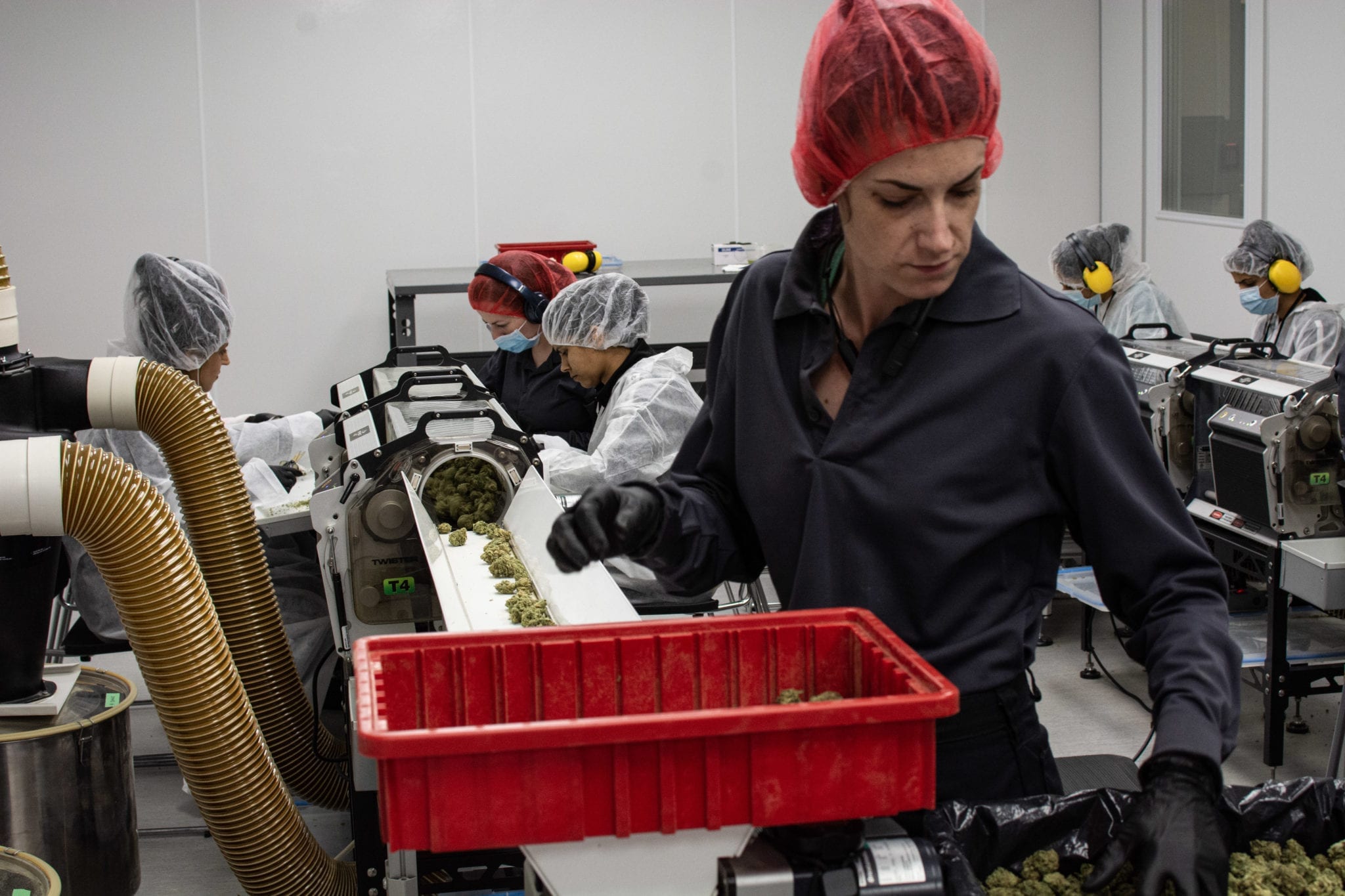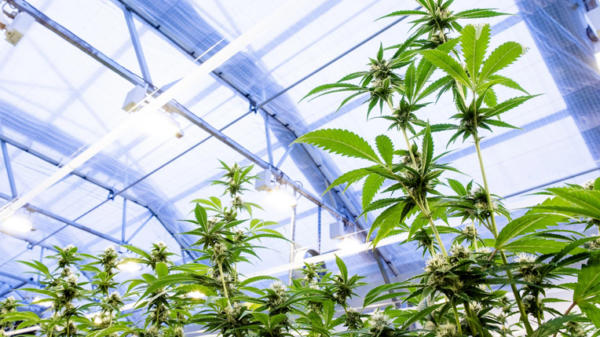As president of the Association of Canadian Cannabis Retailers, I hear every day from cannabis companies across Canada about the state of their businesses. Unfortunately, despite a significant uptick in legal cannabis spending during Covid-19, the overall mood in our industry continues to be one of frustration, as retailers struggle to obtain basic financial services, and the best growers continue to be shut out of the legal ecosystem.
By contrast, a recent report by Parliamentary Budget Officer Yves Giroux that details shortfalls in investment and job creation under the federal government’s Innovation Supercluster Initiative, raises new questions about why the government continues to refuse a similar effort to invest in cannabis start-ups.
One need only compare progress in supercluster funding to the detailed analysis prepared by the BC Craft Farmers Cooperative, which suggests significant jobs could be created if the federal government started treating cannabis production and sale more in line with craft alcohol. According to the BCFC, their modest pilot project in B.C. alone could create upwards of 40,000 jobs and over $5 billion in economic activity.
That project calls for government micro-loan investment to help craft cannabis farmers transition to the legal market, where their product can be acquired by legal retailers like ourselves. This would not only peacefully and equitably reduce the illicit market, but it would increase tax revenues and general economic gains in the sector.
The entire $100 million micro-loan pool they propose, which would be recouped by taxpayers, would cost less than the budget for year one of the Supercluster initiative alone. With banks unwilling or unable to loan money to cannabis businesses, that credit is desperately needed to get our industry up and running.
Read more: Canadian cannabis industry sends letter to Ottawa to be part of $10B relief fund
Read more: To apply for relief funds, weed companies need to have 3 quarters of positive cash flow
Additionally, already licensed and compliant companies continue to struggle to obtain basic banking services, let alone credit and loans. The industry across Canada is struggling to gain market share against the illicit market, and economic benefits of legalization continue to be muted by over-regulation and inaction.
If the federal government is serious about job creation post-pandemic, it’s time to begin treating the cannabis sector as a vehicle for job creation and economic growth, rather than a pariah file best forgotten.
That legal, adult cannabis use remains unpalatable to some is no longer sufficient reason to ignore these facts. Real harm is being done to Canada’s economy by this unwillingness to face reality and give the licensed industry the tools it needs to succeed.
If the government is serious about job creation, it need only plant a cannabis seed.
Top image: Inside Tantalus Labs’ SubLab facility by Nick Laba July, 2019
Matthew Greenwood is a realtor and cannabis retail entrepreneur. He’s the associate VP with RE/MAX Commercial Advantage and the co-owner of Up In Smoke, a licensed cannabis store at 258 West Broadway in Vancouver, B.C. That location was the former home of Sunrise Wellness Foundation, a popular dispensary under Vancouver’s pre-recreational legalization, city-sanctioned pot shop regime.
As a business that has transitioned to the regulated market, its partners say they continue to elevate industry standards on quality, education and customer service. Providing a safe space for all to learn about cannabis and provide an eclectic menu of curated cannabis products that appeals to different walks of life is a top priority. Greenwood is currently serving as a director and president of the Association of Canadian Cannabis Retailers (ACCRES).
Correction (2020-11-03 11:12 a.m.): A previous version of this article said Greenwood was the interim president of ACCRES. It’s been brought to our attention that he has since been confirmed to the role on a permanent basis as of Oct. 7, 2020.














